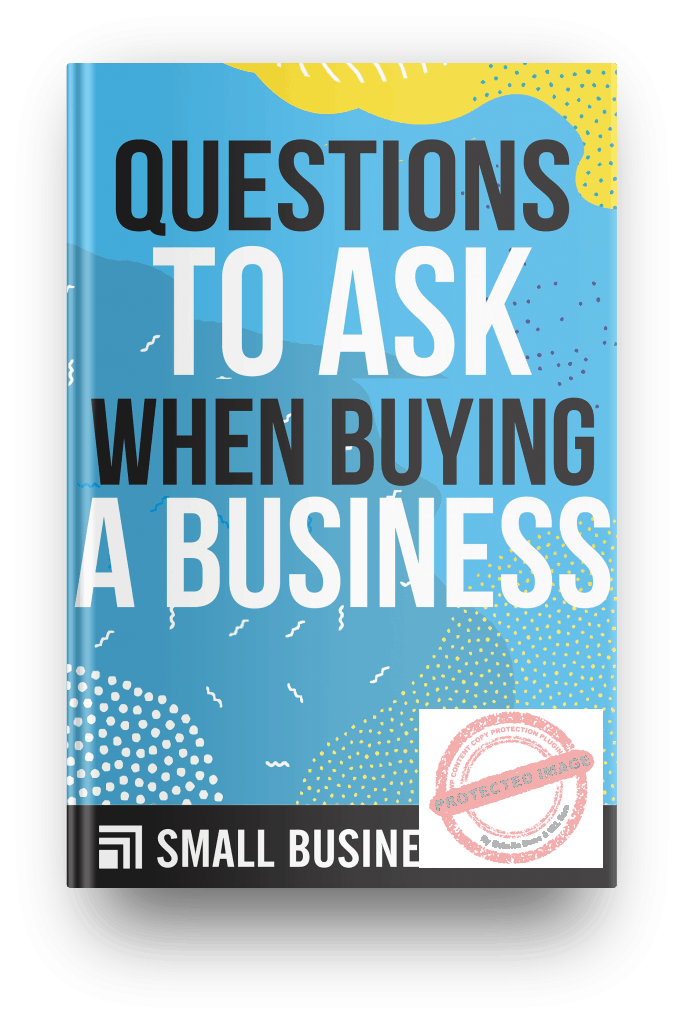No one would feel good about buying a seemingly thriving business only to discover it was a worthless investment, would they? You must remember that there are crucial questions to ask when buying a business before putting pen to paper.
Buying a business is not something you should do on impulse—it isn’t a simple decision that you could just breeze through without much thought.
Unless you have a ton of cash and wouldn’t mind the heartbreak that comes with failing, there are a few things you should consider doing before investing.
There are certain questions that you have to put forward before you buy a company or a business.
Only Buy A Business After You’ve Asked The Seller These Questions
Can I See Your Financial Records?

If you were to buy a business, one of the first things that you have to assess is financial records.
Regardless of how much you love the business concept and its owners, you have to be sure that it will generate profits once you’ve taken over.
There are plenty of tips for buying a business but this might be the most important one yet.
So take a look at the company’s financial records over the past three years.
Read through everything, from the balance sheets to their income statements.
Also, take a look at their tax return documents, bank documents, and daily sales records.
Don’t leave any stone left unturned.
This is one of the most important things to consider when buying a business because it will give you a clearer picture when it comes to the business’ profitability potential.
These records will tell you whether it’s a viable investment or not.
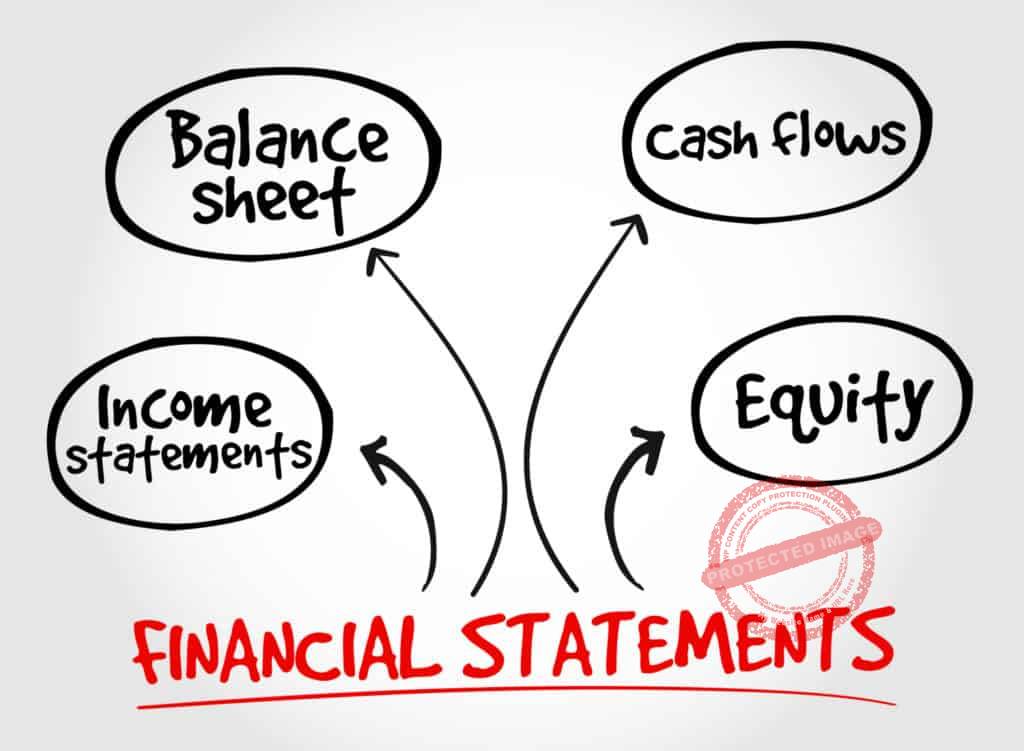
If there are records that are unavailable, consider this as a red flag.
Given that the government requires them yearly, there is no reason for the business owner not to have them on hand.
In this case, take a look at who handles their finances.
See who they’ve entrusted with auditing and filing.
It’s important that the agent be a reputable one.
If not, then this is another red flag.
Of course, you should also make sure that you ask about their accounting framework too.
Remember that before you think about financing a business purchase, ensure that you can get your money back and generate more income from the entity moving forward.
What Tax Implications Affect Your Business?

Before you decide on buying a business you should ask this question as well.
It is important to consider any tax implications that might come with the purchase.
Be sure to include this in your ‘buying-a-business’ checklist.
This is because taking over a business also means taking over any obligations that come with it.
When you purchase a business that has fixed assets under its name, there will surely be transfer taxes that you’ll have to settle.
Especially when these assets come in the form of structures like buildings, the obligation will fall on the purchaser.
This means that the taxes will be added on top of whatever costs you initially agreed to pay.
It’s important then that you ask about these tax implications; and if there are any, include the fees in the overall price negotiation.
Even if you’re only buying part of a business, make sure that you get this concern out of the way.

You might be in a position where you can afford to buy the business, but any other add-ons might not be as easy to accommodate.
So things like these should be factored in early on in your dealings.
It’s one of the essential questions to ask when buying a business that you should by no means, ignore.
Why Are You Intent On Selling The Business?

If you’re researching about how to buy a business then you’re probably very interested in a particular series of prospects.
But remember that your interest in the business, the concept, or whatever else won’t matter if you won’t be able to turn a profit on your investment.
This is why you should also ask the sellers why they are intent on selling.
There are times when reasons are justifiable, such as cases where they have other ventures to attend to or if they plan on leaving the country for greener pastures.
But there are also reasons that can be considered red flags.
In some cases, businesses are being sold because of debt.
While some sellers also want to get out because of a failing industry.
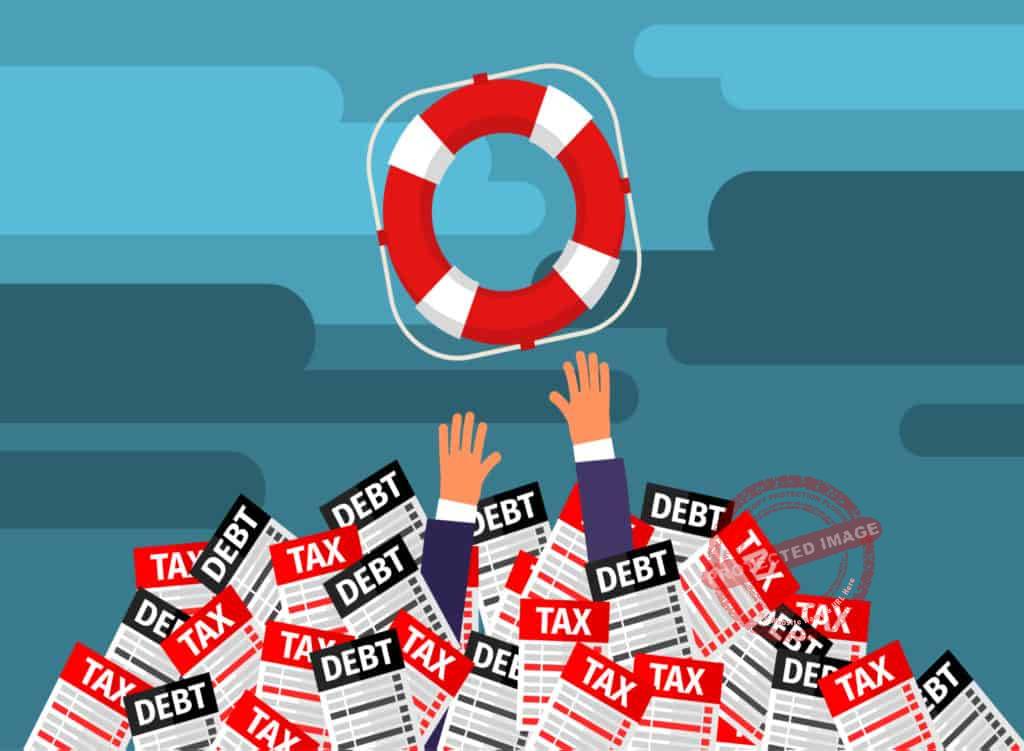
Before taking over a business, see if there’s ample reason to do so.
Understand the dynamics of the entity that you plan on purchasing and see if it’s a good investment for you on a long-term basis.
Be careful of sellers who’ll try to pull one over you.
Start by building a relationship with them.
This way, there’s a higher chance that they’ll be honest with you about their intentions.
But of course, do your research too.
It’s not enough to trust people when it comes to commerce. In this case, due diligence will play a big role.
Who Is Currently Managing The Daily Operations?

When it comes to how to buy a business, another question that you should ask is, ‘who’s running the show?’
This ensures that you have an idea about the different aspects of its operations.
Depending on the type of business you’re intent on purchasing, there might be different leaders at the helm; sometimes it’s a CEO while there are instances where a full executive team holds power.
Before you decide on buying a company, make sure you know who’s in charge and if they’ve done a great job through the years.
This is one of the fundamental questions to ask when buying a business because the entity’s success, even after you’ve purchased it, will still be partially dependent on these folks.

Ask about their contributions to the company’s growth.
Learn more about any setbacks that happened when these people were put in charge.
Don’t forget to ask about the implications that may come if these people leave the company.
By asking these questions, you’ll also be able to gauge if you need to retain these people or not when you buy the business.
Again, one of the tricks on how to acquire a business involves getting a full understanding of all of its facets, internally and externally.
What Business Model Are You Currently Using?

Buy a business with a solid foundation.
In this sense, ask about their current business model.
Much like a blueprint, this is the basis for everything that they do.
This will also give you some insight as to why the company succeeded or failed; and what you can expect when you eventually take over.
When it comes to the topic of business models, there’s no single model that could be effectively applied to every part of the operation.
There are separate strategies when it comes to profit maximization, client pull, product push, and so on.
So be sure to ask about everything.

It’s good to include all of these details in your ‘buying-a-business’ checklist.
Particularly because if you do decide to buy it, you can use this information to turn the entity into something that works far better than it currently does.
You’ll have an idea of what works and be able to determine what doesn’t, and from there make any changes that you deem necessary.
What Is Your Competitive Advantage?

When it comes to the question of how to find a business to buy, you should consider not just the entity itself but the industry as a whole.
This means taking a look at consumers, suppliers, and competition.
In this case, it’d be best for you to inquire about any competitive advantages.
Unless you’re planning on financing a business purchase that falls within a particular niche, chances are you’ll face steep competition moving forward. So, is there room for this business to thrive?
Is there anything that will set you apart and ensure your growth and profitability?
These are important things to take note of.
Why do business if there’s no chance to generate a desirable return?
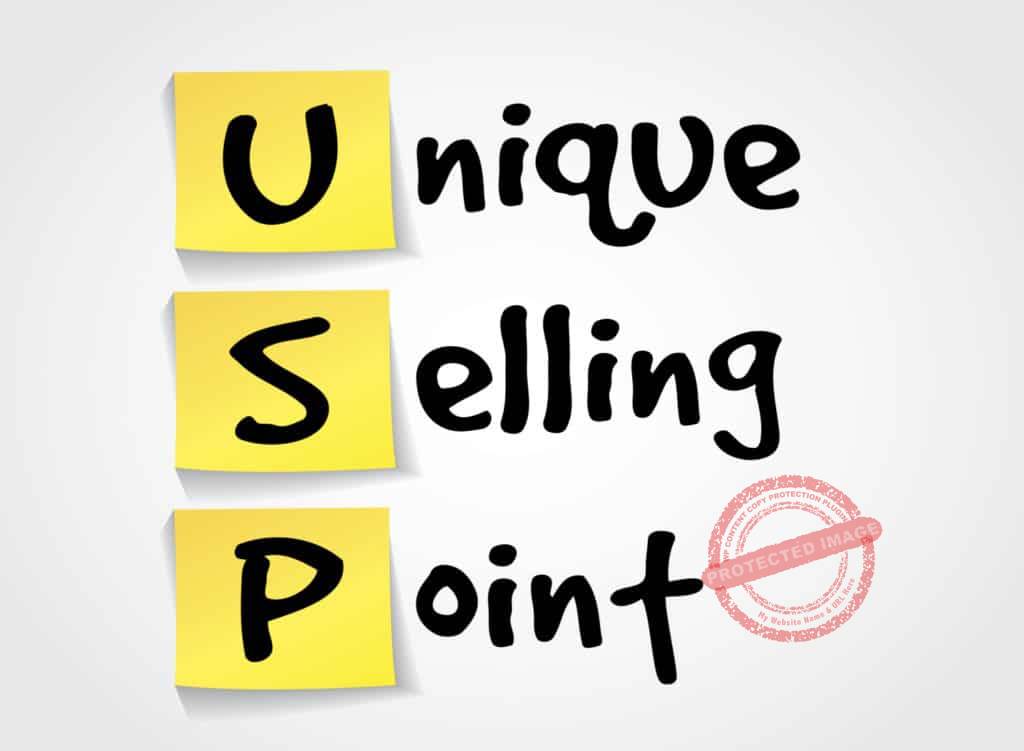
To this end, you should find out about the product or service being provided, and of course, do enough research as well.
Also, check to see if there are things that you can do to make it stand out or give it that competitive edge once you become the owner.
See if there’s a potential to improve what you are offering.
What Have You Done To Grow Your Customer Base?

Even if you’re just buying part of a business, you need to make sure that it will be a profitable venture.
This is why one of the things to consider when buying a business must include acquiring knowledge of the efforts done to get the phone ringing.
This means finding out what has been done to entice customers to engage, consider, and transact with the company.
It’s important for a company to have the right marketing strategies in place to grow its clientele effectively.
You should know what campaigns the company has launched to achieve this goal.
You should also ask about which of these were successful and which ones weren’t.

As a follow-up inquiry, also ask about the product or service being offered and find out if there’s a potential for it being over-sold in any way.
As there are instances when hard-selling becomes a detriment to a company, ensure that you’re aware of such things early on.
The sales team have had ample experience to give you valuable insights into the matter.
Consider this as another step when it comes to how to take over a business.
Can I See Your Revenue Reports?

One of the best tips for buying a business is to see whether or not their revenues are on the rise.
Even if you see potential in saving a business, nothing beats investing in an entity that’s already earning money from the get-go.
But keep in mind that revenues are dependent on the industry, the economy, and other factors.
So take all of these variables into consideration when you assess the viability of any potential venture.
Don’t refuse a contract for buying a business if you haven’t evaluated the pros and cons.
Sometimes, even a business that’s not earning as much as it should can still be revived.
In the same way, a high-income generating venture may also fall on hard times.
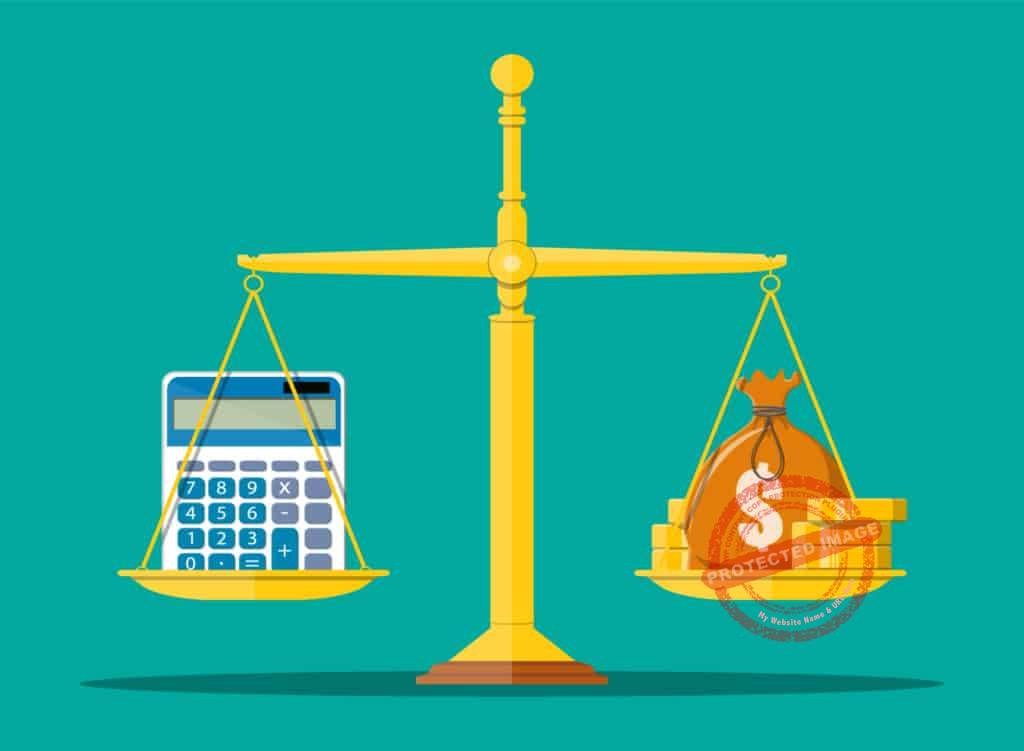
One of the essential questions to ask when buying a business revolves around the revenue trends of the company.
Inquire about its current and past performance to see where it’s potentially headed in the months to come.
Remember that a company which is continuously experiencing decreasing revenues may not be the best venture to acquire.
Can I Take A Look At Your Profit And Loss Statements?
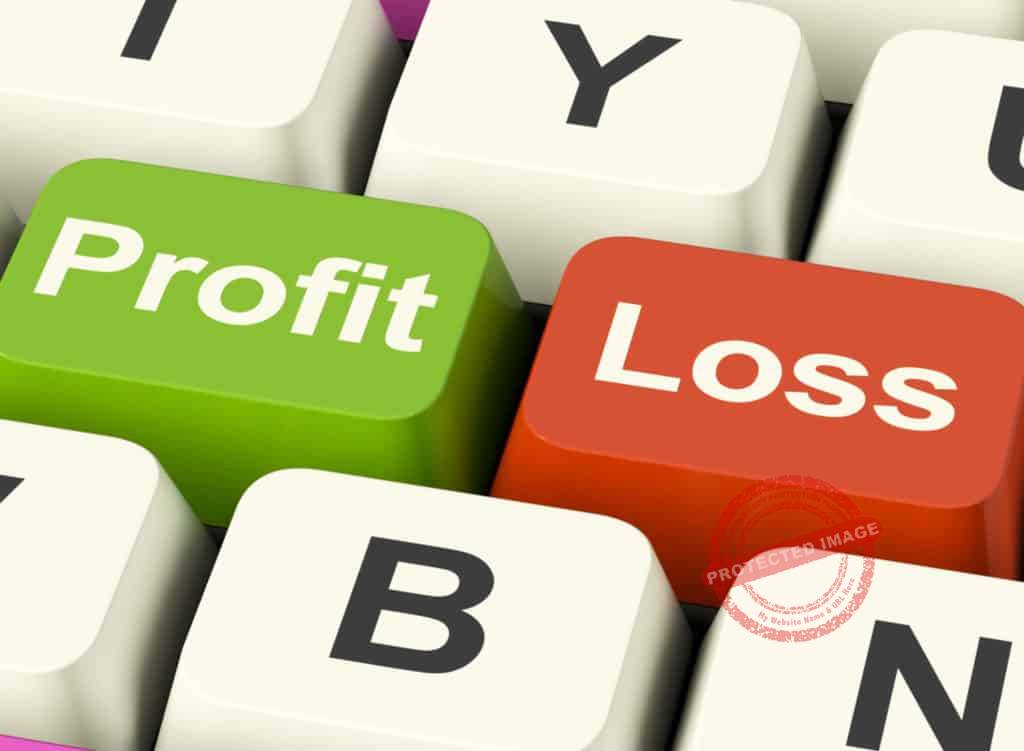
Apart from revenues, you should also take a look at the profit margins.
Revenues pertain to gross sales while profits consider costs and therefore give you a net total.
This is basically, how much is left when every overhead component has been paid off.
When it comes to the question of how to find a business to buy, one of the answers to this question involves searching for a company that has a positive and growing profitability record.
Any entity that has a growing profit line means that it is a successful venture and therefore worth investing in or at the least evaluating even further.
But of course, do not forget to consider the possible effects of inflation on potential profits.
Take a look at trends and changing consumer patterns.
See if there are any changes affecting the industry as well.

Apart from these, also consider liabilities and other unrecorded elements that may affect the company’s profit margin moving forward.
Factor all of the above when you consider the steps to purchasing a business.
How Much Debt Does The Business Owe?
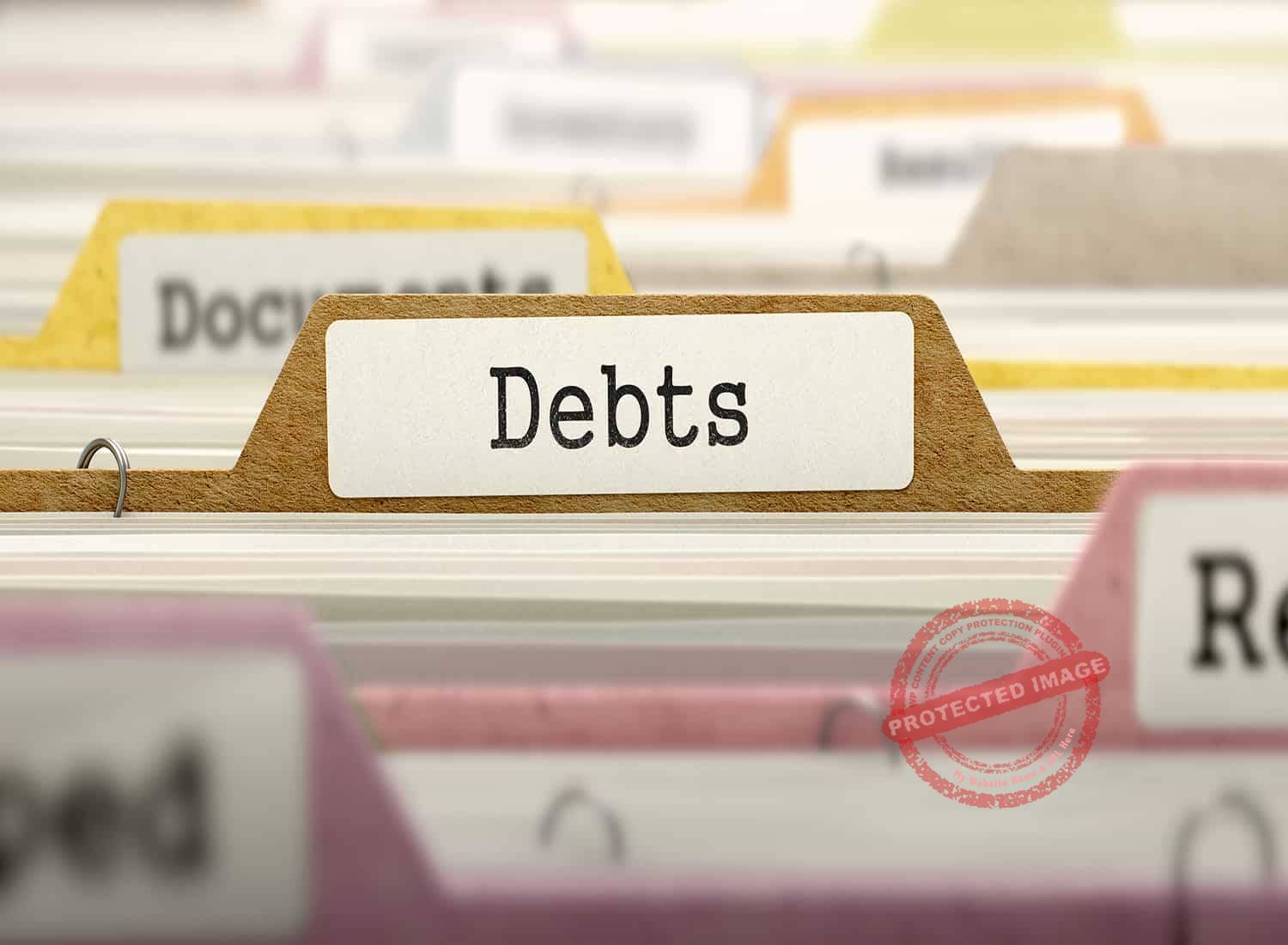
Before you sign a contract for buying a business, ask questions about their liabilities.
One of the important inquiries you should make is to find out the details of any debt that the business owes.
This may be short or long-term in nature so take note of this.
When it comes to how to take over a business, part of the process is knowing all about financial ratios.
If the seller gives you access to financial records, you can easily determine the proportion of debt the company owes by doing a debt-to-equity calculation.
Basically, you’ll be comparing earnings to liabilities.
This ratio will give you an idea as to how much debt there is per fraction of equity.
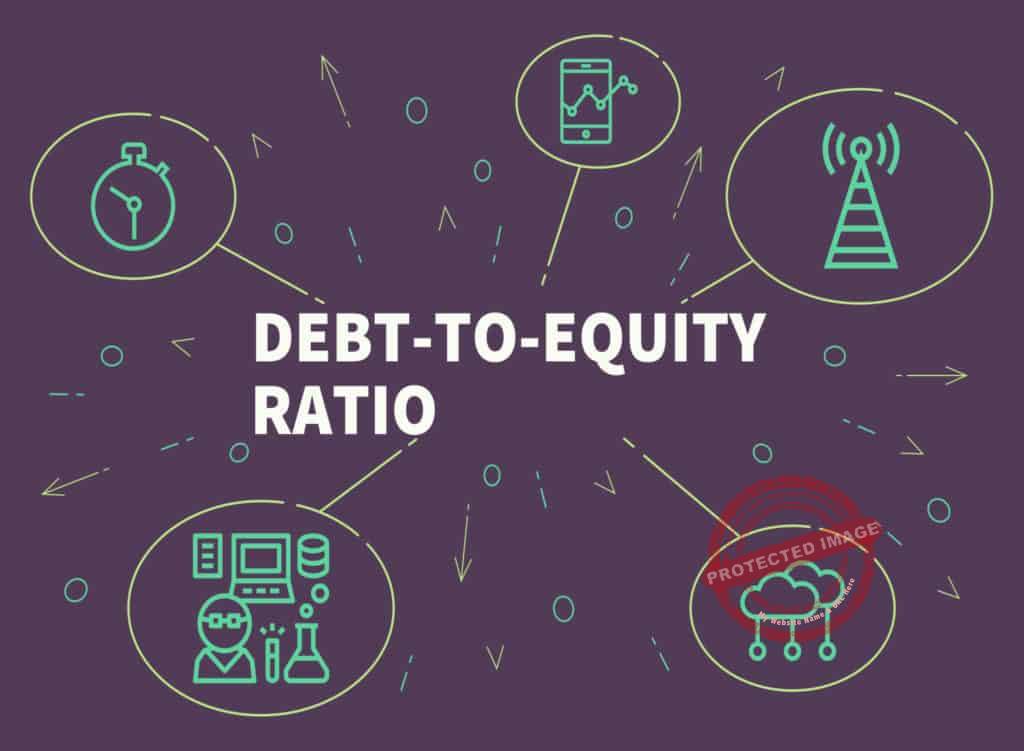
With this figure in mind, you’ll be able to determine whether or not the company has the ability to repay what it owes or if you could end up in the middle of financial issues when you take control.
Take this rule to heart: a lower debt-to-equity ratio means that there’s less risk to you as the purchaser if you decide to buy a company.
What Is The Turnaround Time Between Stock Dispensing And Supplier Payments?

Research on how to acquire a business and you’ll learn all about turn-around times.
There are different turn-around times that you should consider in this case.
For one, it’s important to know how fast products sell or customers’ awareness of the services provided.
You should also see how quickly the company can repay a supplier when stocks run out or during re-order periods.
When it comes to any business, the latter is more important as stocks on credit are liabilities that need to be repaid.
Usually, when they are paid late, there are penalties that are applied on top of the agreed-upon costs; and these can have adverse effects on your bottom line.

If the company is accumulating stocks in bulk yet is slow to repay suppliers, this is a red flag that will tell you that you may lose out on potential profits moving forward.
There will also be a possibility that the company’s debt far exceeds its equity.
This is because a profitable company won’t have trouble repaying suppliers in a timely manner.
Are There Any Existing Legalities I Should Know Of?

Be mindful of any existing terms and conditions, not only with your purchase contract but also those applied to the business in current times.
Be well aware of your rights and any potential obligations when you become the new owner of your chosen venture.
Make sure that you don’t enter any arrangement that holds you liable for expenses or promises that the soon-to-be former owners entered into.
If so, ensure that these are deducted from the overall purchase price.
What Exit Strategies Are In Place?

Exit strategies are essential topics of conversation in a transaction like this.
Even if you’re thinking about investing in a company, you should be made well aware of how you exit the business should there be any reason to do so in the future.
You should have this clause to protect your investment and allow you to leave the business through a reasonable buy-out.
Questions To Ask When Buying A Business Infographic

Finally,

So, there you have it.
Before you decide to buy a business, make sure that you ask these questions so that you can be certain of your decision to invest or not.
More questions may arise during the negotiation process but these are excellent ones to start with.
Remember that there is no loss in asking. The more things are clarified, the better the decision everyone involved can make.
Has this article made your decision to buy a business any easier?
We would love to know your thoughts!
Click on Buy Now For a PDF Version of This Blog Post
 |
